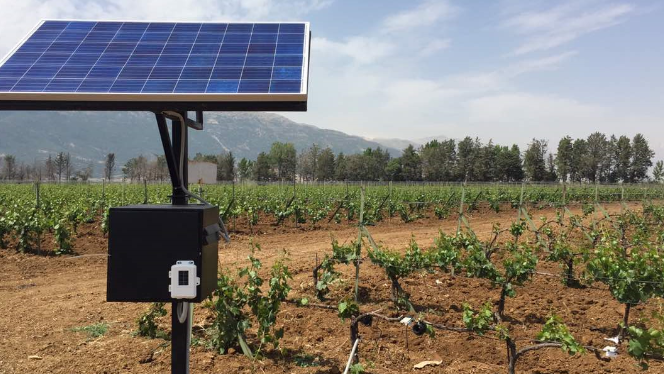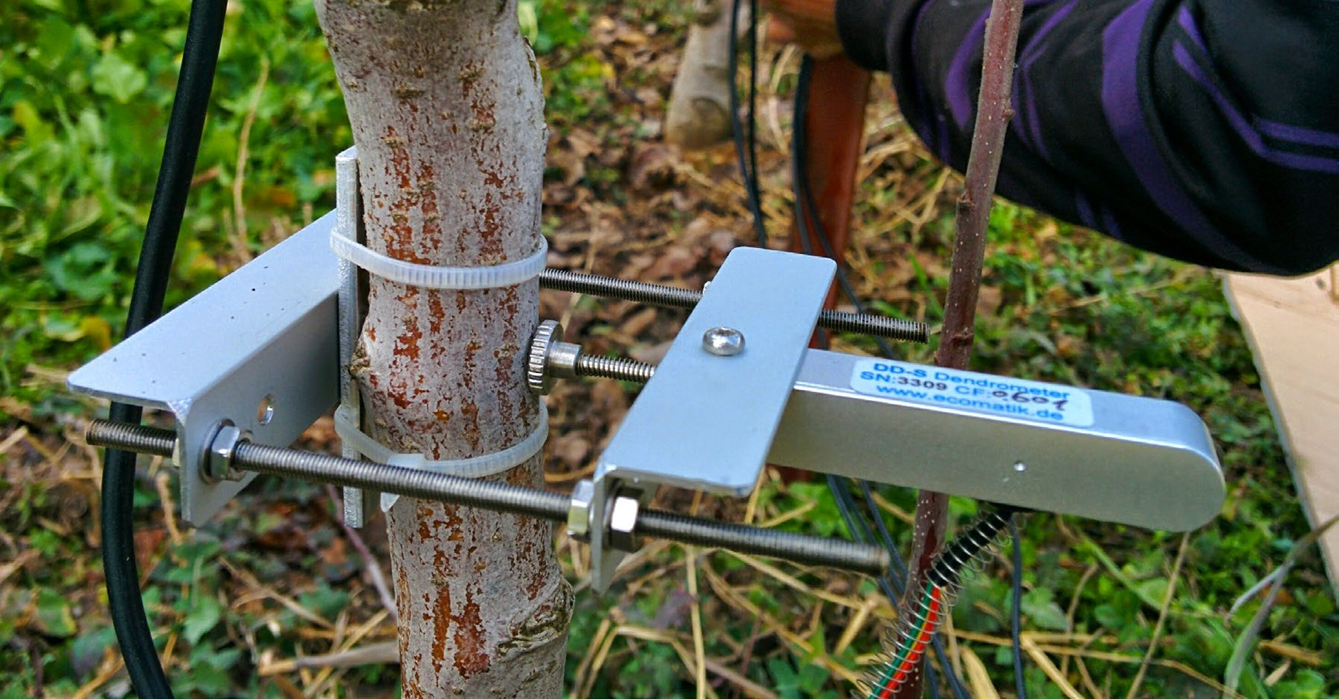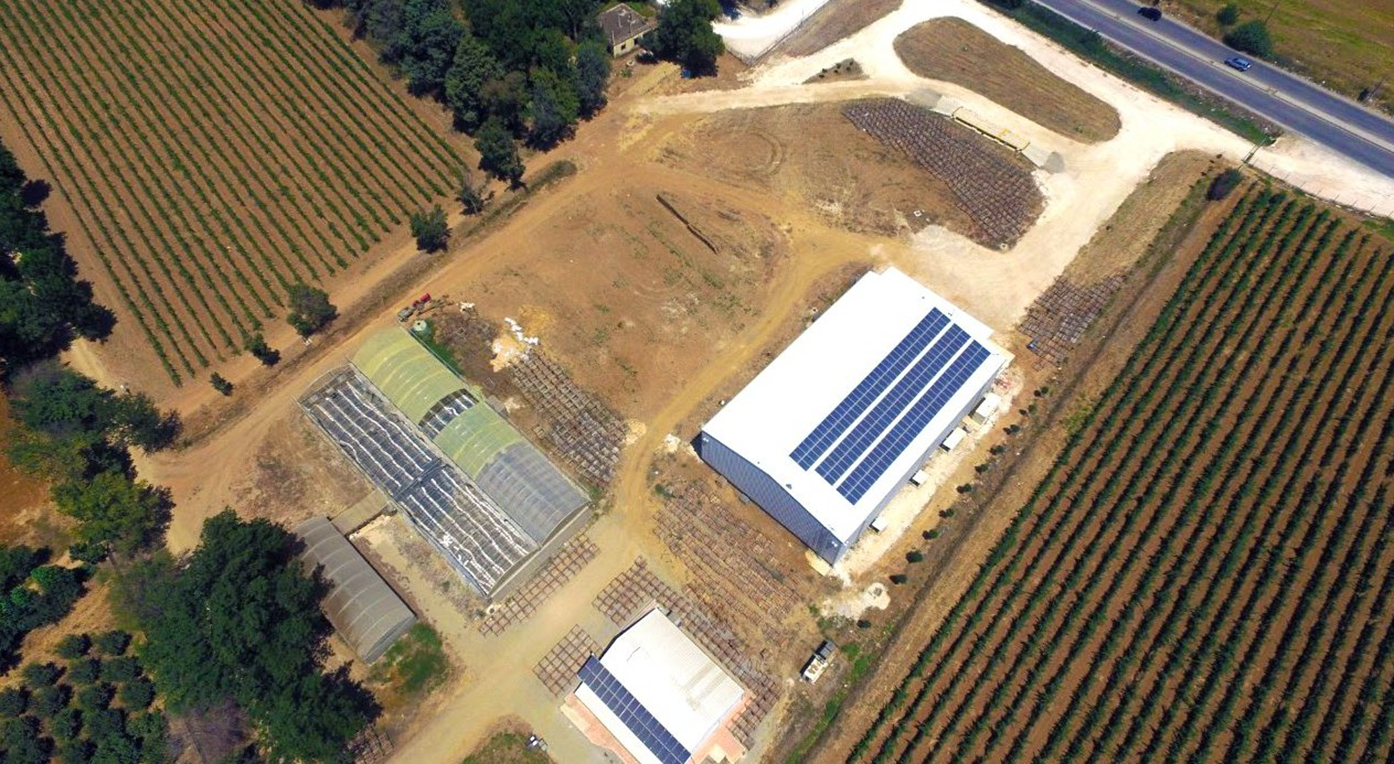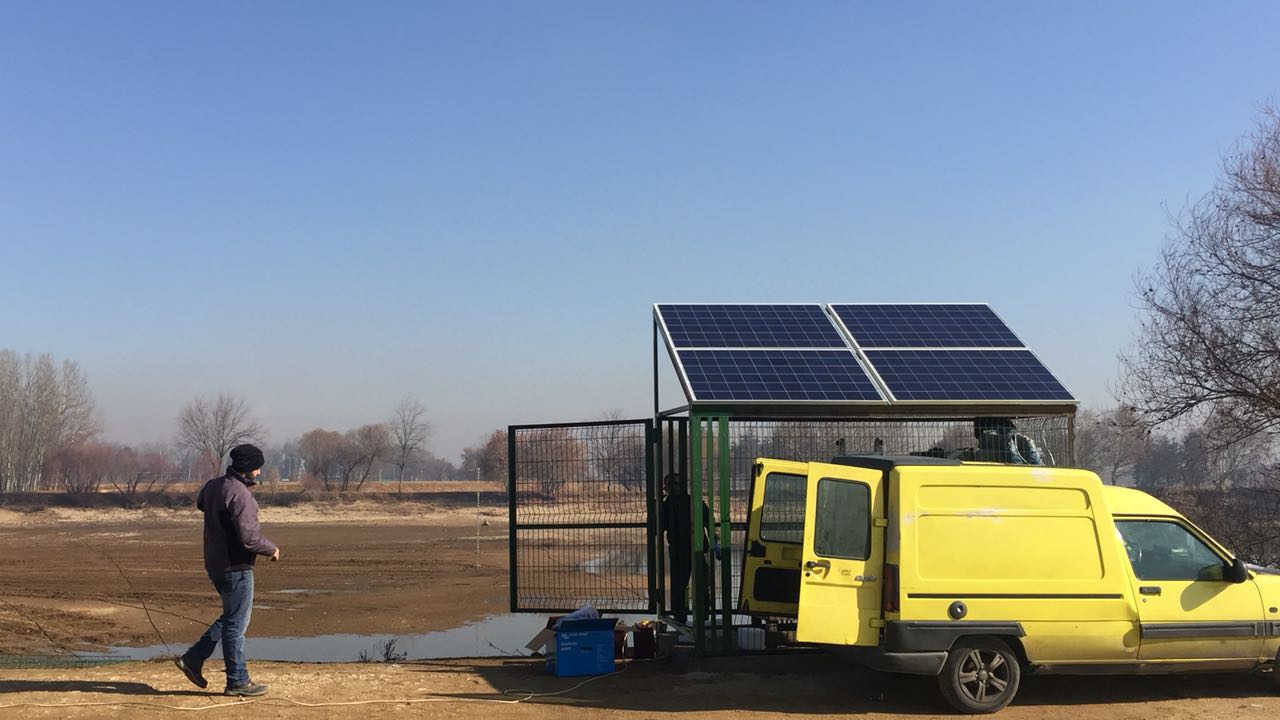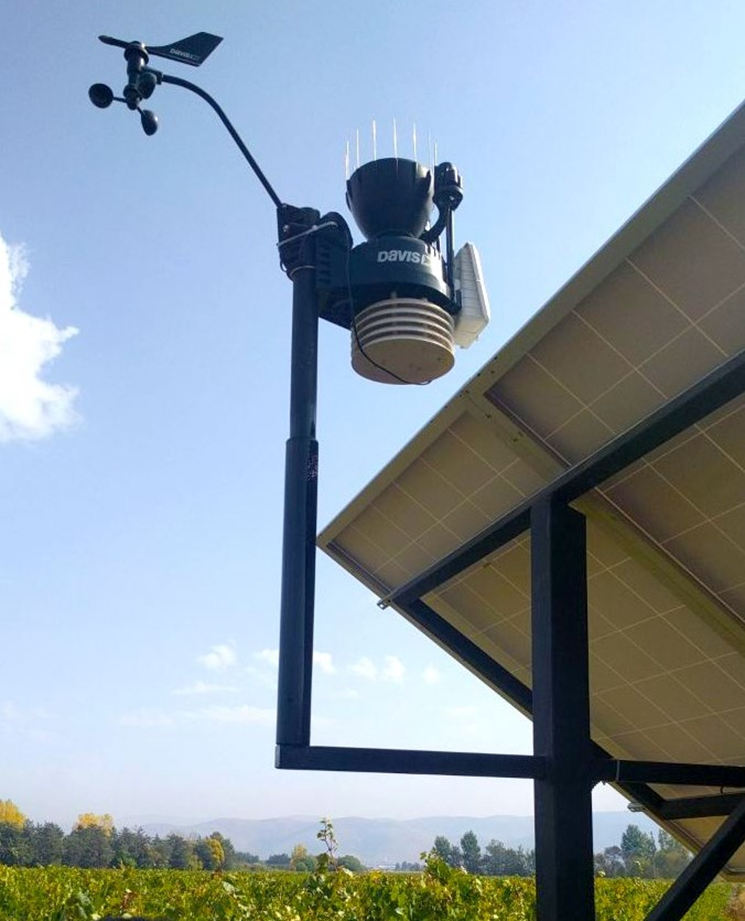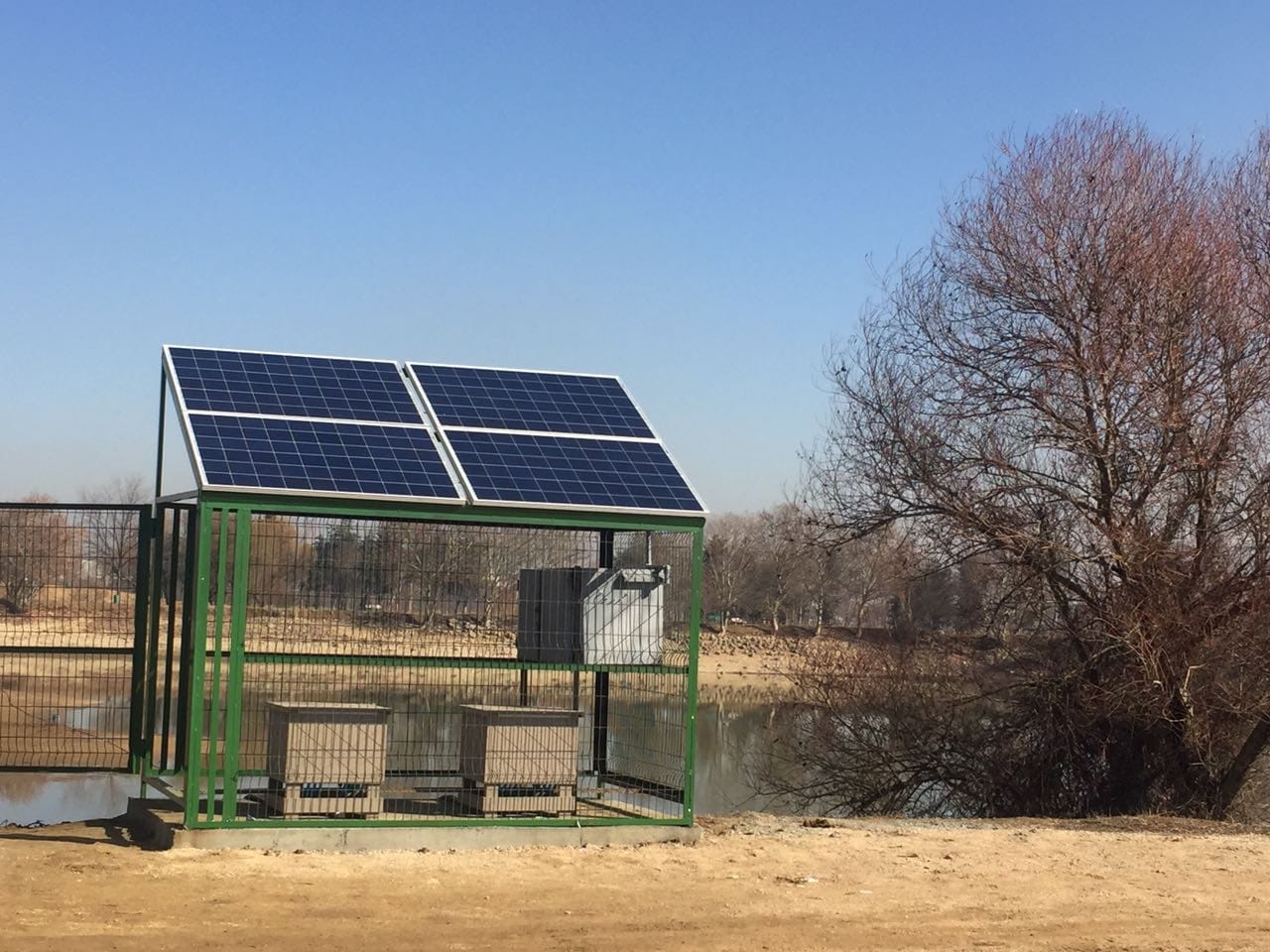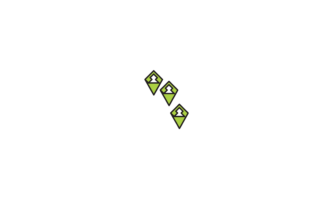arcenciel – Domaine De Taanayel
- Location
- Lebanon
- Year
- 2016
- Status
- Completed in 2016
Domaine de Taanayel Resilient Strategy is a project that took place from July 2016 – September 2018 and tackles critical issues affecting the water, energy, and agricultural sector in the Monastery of Taanayel in Lebanon. The project follows the implementation of a highly replicable matrix of solutions that serve to optimize energy and water consumption, reduce carbon footprint, and enhance farming land to eradicate food insecurity and waste whilst empowering farmers by improving the best practices and decision-making techniques.
The solution’s components are a 60.45 kWp solar car park, two grid-tied solar systems in Domaine de Taanayel (totaling 86.2 kWp) and an 8 kWp Off-Grid Solar Solution for the Lake aeration to reduce algae and protect underwater lake life, a matrix of weather stations – soil mapping sensors – tree growth monitoring stations (dendrometers) – leaf wetness sensors – rainfall rate sensors, and a full electrical infrastructure revamping and consulting.
Proposed solutions t resulted in conserving water at a rate of 22% annually and reducing fish mortality, among other successes. Additionally, the project’s large target groups, primarily the farmers of the area, now had enhanced and improved irrigation and agricultural operation.
- CO2 savings
- 164.5 tons/year
- types
- solar, agritech, lighting, iot, consulting

